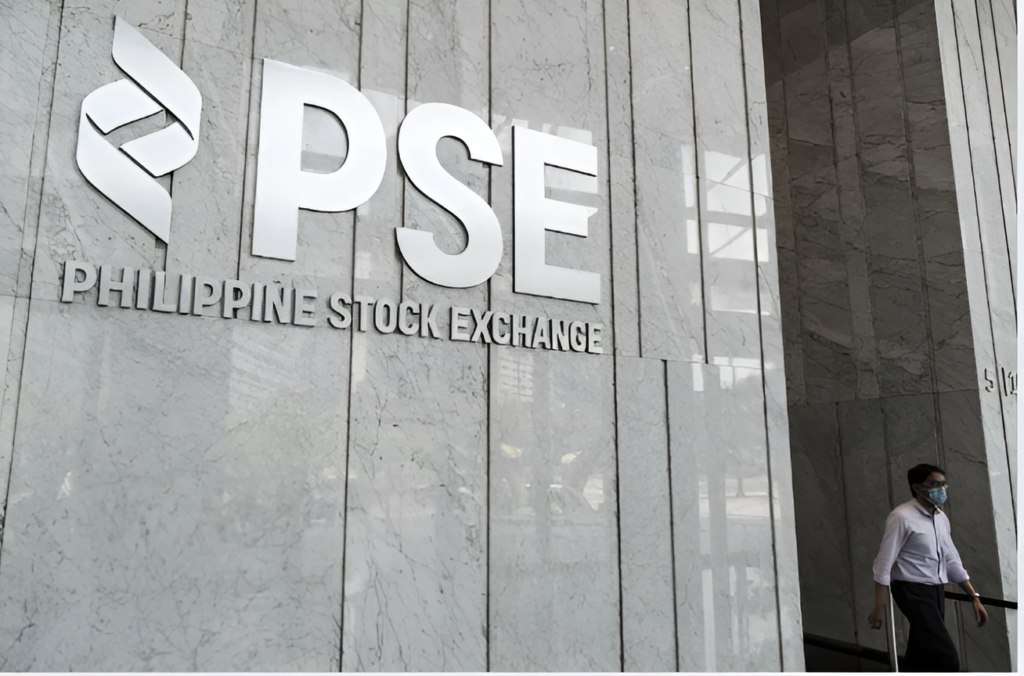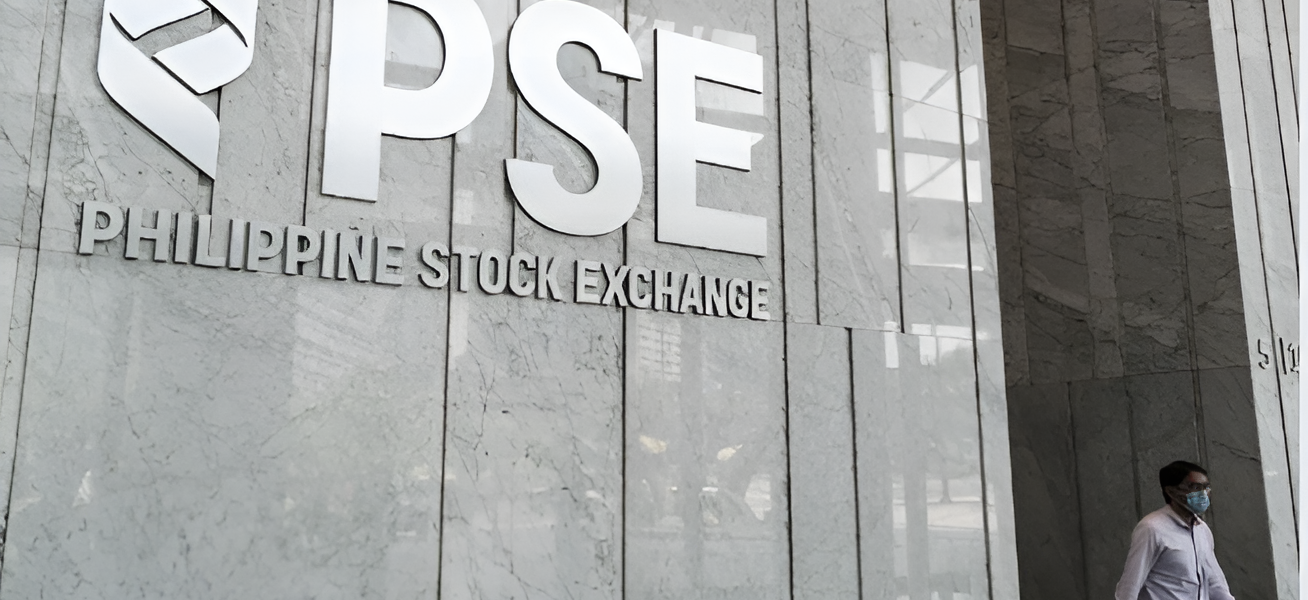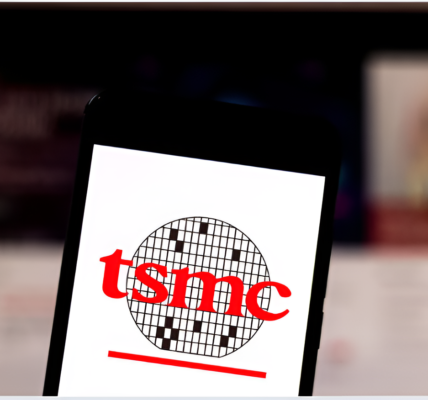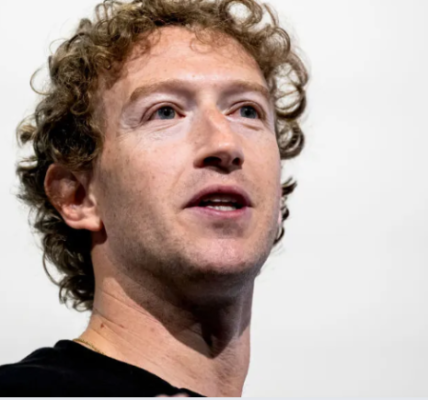
Ferdinand “Bongbong” Marcos Jr. has emerged as the front-runner in the Philippines’ presidential race, securing a commanding lead in the May 9 elections. His success has, in part, been driven by a carefully crafted narrative that presents his father’s authoritarian rule as a time of economic prosperity to be revived.
However, this view overlooks the harsh realities of the Marcos regime. Ferdinand Marcos Sr., the late dictator, was notorious for his corrupt leadership, during which the country’s economy was severely mismanaged. Through reckless foreign borrowing, Marcos Sr. inflated the nation’s debt from $599 million in 1965 to $28.3 billion by the time he was ousted in 1986—an amount that constituted a staggering 80% of the Philippines’ GDP. Much of this debt was siphoned off through kickbacks to cronies, and Marcos Sr. may have looted up to $10 billion in state funds. As a result, poverty in the Philippines skyrocketed, with the percentage of people living below the poverty line increasing from 42% before his regime to 59% afterward.
In the present day, Bongbong Marcos is pledging a revival of his father’s ambitious infrastructure plans, alongside new initiatives aimed at revitalizing agriculture, transportation, and small and medium-sized enterprises (SMEs). He has endorsed outgoing President Rodrigo Duterte’s “Build Build Build” program, which aims to usher in a “golden age of infrastructure” for the Philippines. While these promises may sound appealing, Marcos Jr. faces significant economic hurdles as he prepares to take office, if confirmed as the election winner on June 30.
Although the Philippine economy showed an impressive 8.3% growth rate in the first quarter of this year—outpacing analysts’ expectations—this progress could be jeopardized by rising inflation and its impact on consumer spending. Global uncertainties such as the war in Ukraine and COVID-19 lockdowns in China further complicate the economic outlook.
In a recent statement, Marcos acknowledged the importance of working with technocrats to address the economic crisis exacerbated by the pandemic, but critics remain concerned about his lack of a clear and actionable economic strategy. Many investors are expressing unease, particularly given Marcos’ vague economic platform. JP Morgan, in a pre-election report, raised concerns over his lack of substance in economic planning and his questionable record in government.
Markets appeared to favor Marcos’ main rival, Vice President Leni Robredo, an economist with a proven track record in poverty alleviation and rural development. The day after the election, the Philippine stock market lost $9.3 billion, signaling investor jitters over Marcos’ victory. Many analysts are waiting for him to unveil more detailed economic plans before they consider revisiting their stance.
The Philippines, strategically positioned on the edge of the South China Sea with a young and growing population (nearly 30% of its 110 million people are aged 10 to 24), has immense economic potential. Both the U.S. and China have been courting the country as a key partner, but whether the Philippines can capitalize on these opportunities under Marcos remains uncertain.
One of the key areas of concern is Marcos Jr.’s apparent willingness to revive policies from his father’s era, such as an oil price stabilization fund. The initial plan for such a fund, which eventually became a financial burden for the government, has raised alarms among critics, who fear that Marcos Jr. may be nostalgic for a failed past.
J.C. Punongbayan, an assistant professor of economics at the University of the Philippines, believes that Marcos is using his father’s legacy to stir emotions and tap into a false sense of nostalgia, but this approach overlooks the long-term damage done during the dictatorship. A 2021 study co-authored by Punongbayan highlighted that it took the Philippines more than two decades to recover economically from the damage caused by Marcos Sr.’s regime.
Further concerns revolve around the possibility of cronyism making a return. Under the elder Marcos, political allies were awarded lucrative government contracts, loans, and positions, which often led to bankruptcies and economic turmoil. Critics fear that if Marcos Jr. replicates his father’s political strategies, the country may see a resurgence of this damaging practice.
For now, uncertainty reigns over the future of the Philippine economy. Without a clear, well-researched plan, Bongbong Marcos risks losing investor confidence and failing to meet the high expectations set by his campaign rhetoric. If he does not address these concerns soon, the economic future of the Philippines could remain mired in ambiguity.





